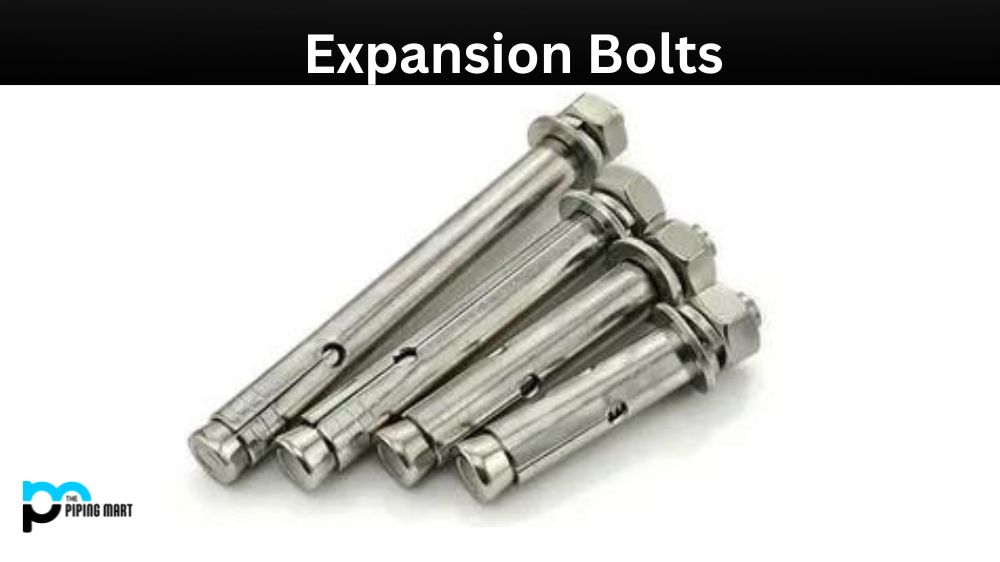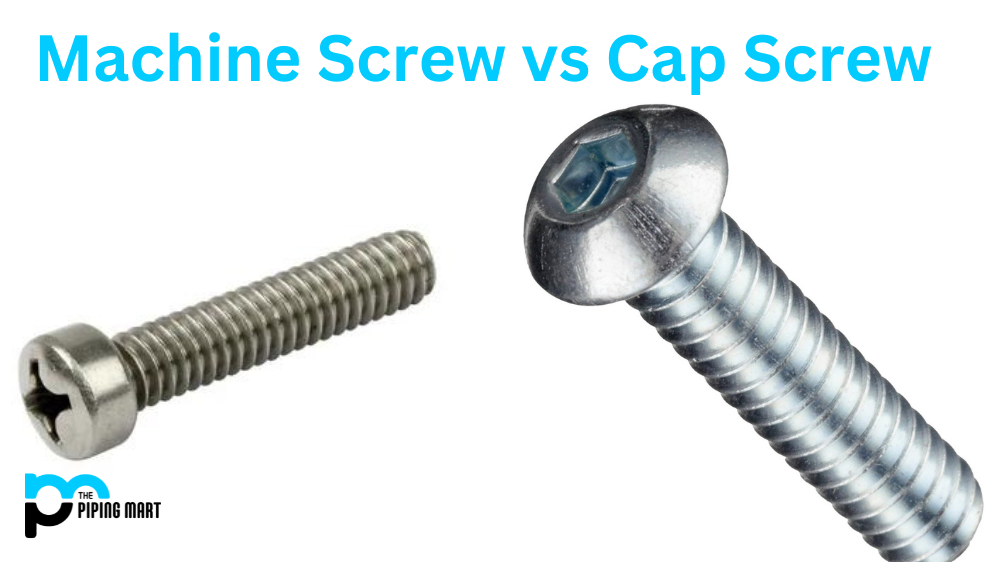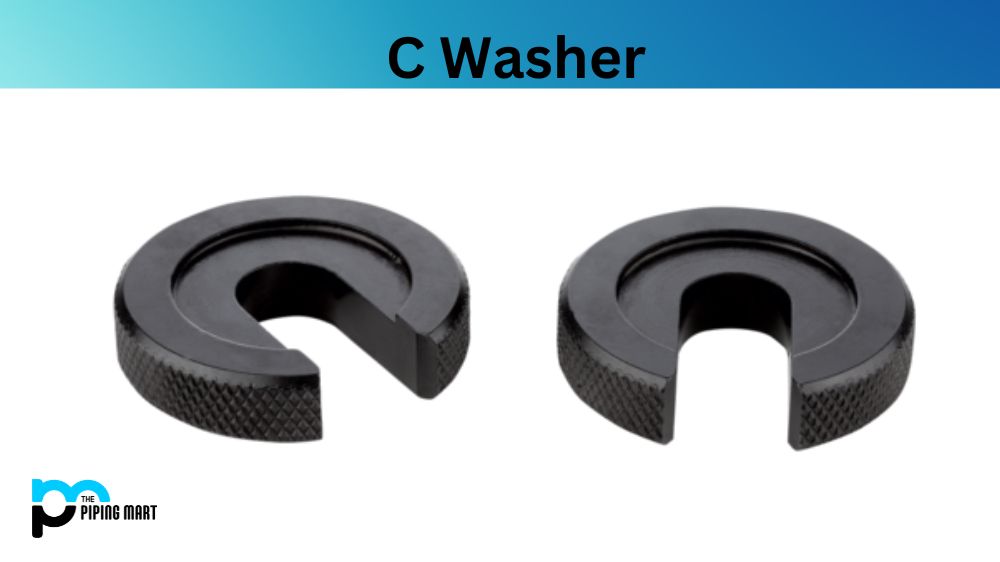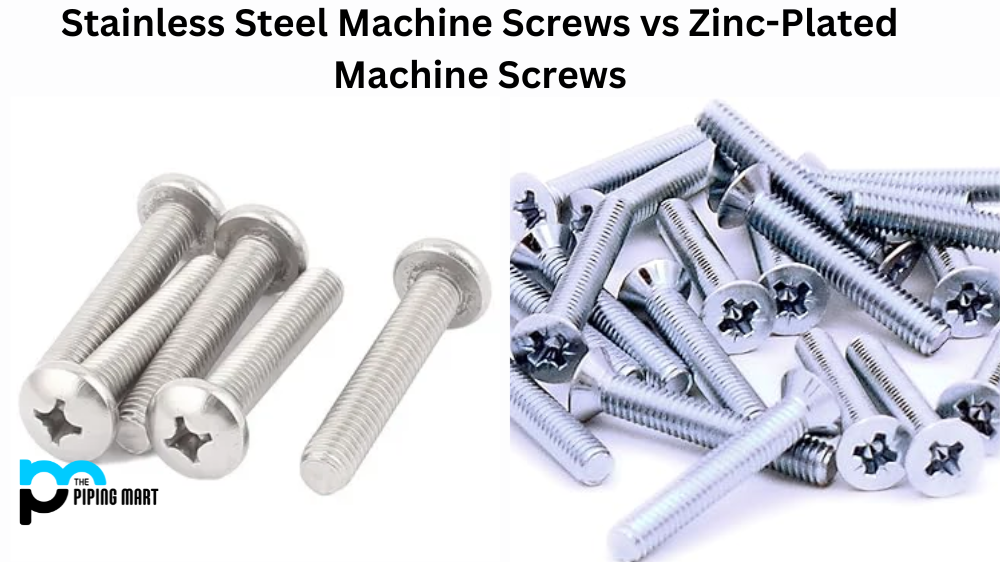Expansion bolts are a crucial part of construction and DIY projects. They secure items like beams, frames, and partitions to concrete walls. They are a preferred option over other types of fasteners like anchors, screws, nails, or adhesives because they offer quick, strong, and long-lasting connections. In this blog post, we will discuss the advantages and disadvantages of expansion bolts.
Advantages of Using Expansion Bolts
High load-bearing capacity:
Expansion bolts have high load-bearing capacity. They can support heavy loads without bending or breaking. This makes them ideal for industrial applications.
Easy to install:
Expansion bolts are easy to install. All you need to do is drill a hole in the concrete, insert the bolt, and tighten it with a wrench. The bolt will expand and grip the sides of the hole, forming a secure connection.
Suitable for a wide range of materials:
Expansion bolts can be used on a wide range of materials like concrete, brick, and stone. They can also be used with different types of nuts, washers, and screws. This makes them a versatile fastening solution.
Resistant to vibrations:
Expansion bolts are resistant to vibrations. They can absorb shocks and movements, ensuring the connection remains stable and long-lasting.
Disadvantages of Using Expansion Bolts
Requires drilling:
Expansion bolts require drilling a hole into the concrete, which can be time-consuming and messy. If the hole is not drilled to the right depth or diameter, the bolt may not expand properly, resulting in a weak connection.
Hard to remove:
Once an expansion bolt is installed, it is difficult to remove. If you need to remove it, drill out the bolt or cut it with a saw. This can damage the concrete and leave behind an unsightly hole.
Limited usability:
Expansion bolts may only be suitable for some applications. They are designed to work with hard materials like concrete, brick, and stone. If you need to secure items to other materials like drywall, wood, or metal, expansion bolts may not be the right choice.
Susceptible to rust:
Expansion bolts are susceptible to rust over time. They may corrode and become weak if they are exposed to moisture or chemicals. This can compromise the connection and require the bolt to be replaced.
Conclusion:
Expansion bolts are a reliable and efficient way to secure items to concrete walls. They offer several advantages, such as high load-bearing capacity, ease of installation, and resistance to vibrations. However, there are also some disadvantages, like the need for drilling, difficulty in removal, limited usability, and susceptibility to rust. Before using an expansion bolt, assess the application and choose the right bolt for the job.

Pipingmart is a B2B portal that specializes in metal, industrial and piping items. Additionally, we share the latest information and information about materials, products and various types of grades to assist businesses that are involved in this business.




